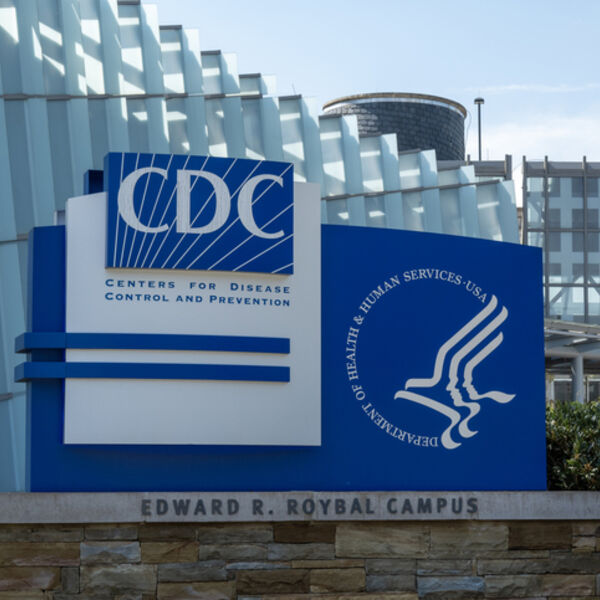
NASTAD Condemns Cuts at the Department of Health and Human Services
Washington, DC – On April 1, 2025, the Department of Health and Human Services began its reduction in force (RIF), which will eliminate about 10,000 people’s jobs. HIV prevention services are heavily impacted by the RIF, putting at risk decades of progress towards ending the HIV/AIDS epidemic.
The Centers for Disease Control and Prevention (CDC) faced some of the largest losses in the reduction in force, and its capacity is significantly impacted. Entire branches in the National Center for HIV, Hepatitis, STDs, and Tuberculosis Prevention (NCHHSTP) were eliminated, putting everyone in the United States at risk.
At the Division of HIV Prevention, the following branches have had all positions eliminated: Behavioral & Clinical Surveillance, HIV Prevention Capacity Development, HIV Research, Prevention Communication and Quantitative Sciences.
In addition, the Division of Laboratory Research was eliminated at the Division of Viral Hepatitis. Positions were eliminated in the Division of STD Prevention’s STD Laboratory Reference and Research Branch and the Disease Intervention & Response Branch. Positions were also eliminated in the Division of Tuberculosis Elimination’s Communication, Education, & Behavioral Studies Branch and the Program Budget and Extramural Management Branch.
The cuts extended beyond the CDC. The Department of Health and Human Services Office of Infectious Disease and HIV Policy (OIDP) has been eliminated. The National Institutes of Health’s National Institute of Allergy and Infectious Disease was hugely impacted, with the Office of AIDS Research also being impacted. In addition, many NIH grants have already been suspended.
“These cuts will have a devastating impact on our nation’s ability to respond to the HIV/AIDS, hepatitis, and intersecting epidemics,” said Dr. Stephen Lee, NASTAD Executive Director. “They will also lead to economic harm as the impact of the cuts ripple throughout communities across the nation, leading to further job losses. The cuts will also cost taxpayers more, as the economic savings of preventing transmissions are lost. Between 2012 and 2022, approximately 27,900 new HIV transmissions were prevented, which saved over an estimated $15 billion in lifetime medical costs.”
NASTAD strongly condemns these cuts and urges Congress to step in and protect our nation’s public health safety net. The end of the HIV/AIDS and hepatitis epidemics in the United States is within sight, but these cuts will be a huge step backwards and will harm the health of the American people and the American economy.
ABOUT NASTAD
NASTAD is a leading non-partisan non-profit association that represents public health officials who administer HIV and hepatitis programs in the U.S. We work to advance the health and dignity of people living with and impacted by HIV/AIDS, viral hepatitis, and intersecting epidemics by strengthening governmental public health through advocacy, capacity building, and social justice.